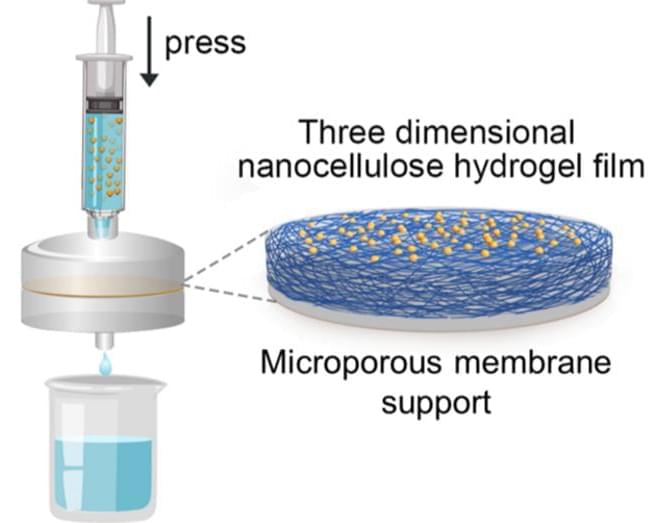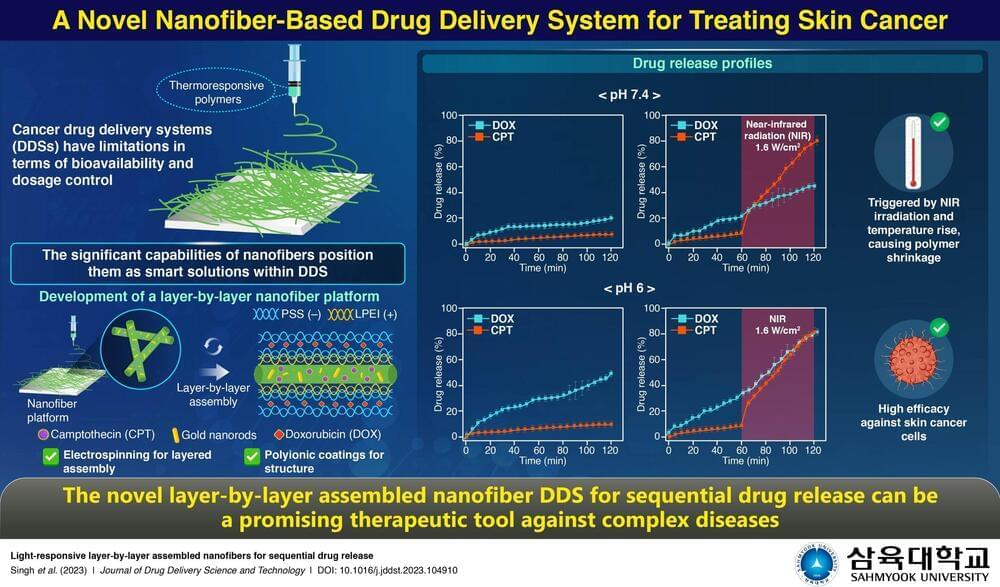What brought the Ingenuity Mars Helicopter mission to and end and how did the Japanese Moon Snipper land on it’s head?
Outstanding Antioxidant For Your Health: https://shopc60.com/
Use discount code: GreenGregs10 for 10% off.
These statements and products have not been evaluated by the Food and Drug Administration. This product is not intended to diagnose, treat, cure, prevent, or mitigate any disease.
GoldBacks from Green Greg’s affiliate link:
https://www.defythegrid.com/goldbacks/ref/15/
Use coupon code GreenGregs for 1% off
Inspire your kids to love science!
SAVE 20% OFF New Science Kits Using Code: NEWKITSSAVE20 At Steve Spangler Science dot com! Great Educational Products For Kids! SHOP NOW! https://www.pntra.com/t/SENKTExNSUhDR05OSUxJQ0dPRkxGRw
For gardening in your Lunar or Mars habitat GalacticGregs has teamed up with True Leaf Market to bring you a great selection of seed for your planting. Check it out: http://www.pntrac.com/t/TUJGRklGSkJGTU1IS0hCRkpIRk1K
Awesome deals for long term food supplies for those long missions to deep space (or prepping in case your spaceship crashes: See the Special Deals at My Patriot Supply: www.PrepWithGreg.com
For that off-grid asteroid homestead stock up with Lemans before you blast off:
https://www.pntrs.com/t/SENJR0ZOSk9DR05OSUxJQ0dMRkpJSg





